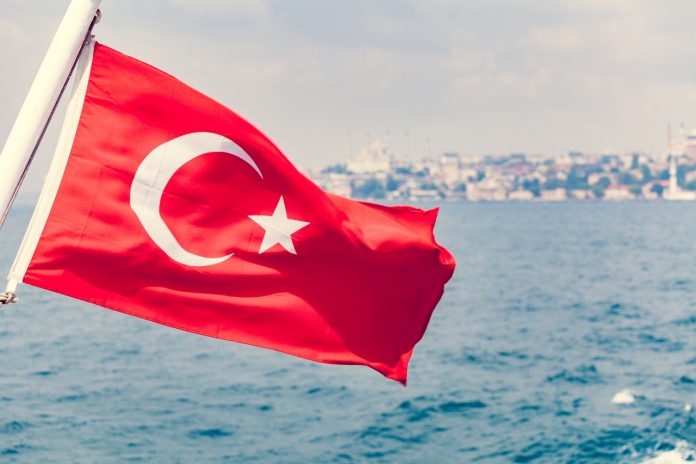06/19/2021 Turkey (International Christian Concern) – In a recent interview, the Turkish Greek community perspective was presented on Turkish national television. Laki Vingas, Archon of the Ecumenical Patriarchate, shared aspects of what he called a perception triangle that the Greek minority community often finds itself in.
The Turkish Greek community, and other minorities, can be considered foreign despite their historic presence in Turkey. In ICC’s joint report on Turkey, the concept of Christians as “indigenous foreigners” is introduced, including their separation from the supposed Turkish identity. The report outlines, “The formation of a distinct Turkish identity is not only considered a social responsibility, but also a legal obligation. Article 301 of the Penal Code criminalizes “denigrating Turkishness,” a crime which by necessity implies that there is a social standard for Turkishness. Thus, it becomes important for the maintenance of this identity, both as ethnic Turks and as Muslims. Hate speech towards Christians, especially ethnic Greek or Armenian Christians, is common. This content ensures that the social standard for Turkishness is maintained amongst the country’s adult community.”
Second, minorities can be manipulated and used for political gain or public relations. “The remnant of the Christian community in Turkey was given a degree of protection in the 1923 Lausanne Peace Treaty, as was the Muslim community in Greece. However, it had the unwanted consequence of politicizing the Christian presence, creating an expectation of reciprocal international agreements. Instead of religious liberty being upheld and promoted for its Christian citizens, they are left vulnerable to manipulation and exploitation for political gain. Christian properties, institutions, organizational abilities, leadership trainings, and internal governance are just some broad examples of the state leveraging Christians for political purposes,” ICC’s report says.
Finally, Vingas outlined how the Turkish public is often ignorant of minorities and the predisposed prejudices. The erasure of Christianity from Turkey’s history and alienation as Greeks do not fit the ideal Turkish identity, both allow for the inherent “otherness” and separation from society. “From 1914 to 1923, the Christian population of modern Turkey decreased from 20-25% to less than 2%. Millions of native Armenian, Greek, and Assyrian Christians were forcibly deported, massacred or displaced during the First World War (1914-1918) and the Turkish War of Independence (1919-1923). The compulsory population exchange between Turkey and Greece furthered religious demographic change. The remnant of indigenous Christians and a considerable number of historical churches (often under threat of demolition or appropriated by the state) are the witnesses to these once thriving Christian communities,” states ICC’s report.














